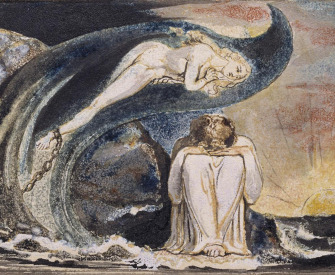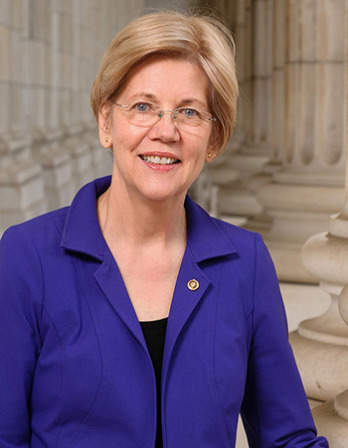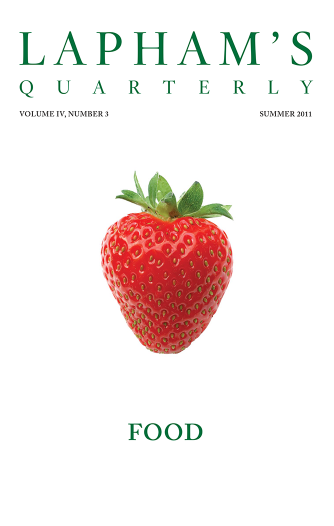The grand jury has heard evidence that it was common for a particular ward committeeman to ask precinct captains for estimated vote totals prior to the election. Thereafter, precinct captains were routinely “chewed out” by this ward committeeman for failing to obtain the anticipated vote total. These precinct captains indicated that they believed their city jobs depended upon their success in obtaining the requisite vote total on Election Day.
The grand jury heard evidence of specific instances of reprisals that occurred when a precinct captain turned in a relatively low vote total. More than one elderly precinct captain was transferred from a relatively easy desk job to another city job that required hard physical labor and exposed them to personal danger. Other precinct captains reported being transferred to jobs located far away from their homes.
One precinct captain stated that he decided to run a clean election during the primary prior to the 1982 general election. He didn’t pay the alcoholics two dollars to vote or forge voters’ names that election. A few days after that election, he was called in before the ward committeeman and asked what his problem was and whether he was trying to go against the ward. He told the ward committeeman that he had tried to run a clean election. This precinct captain had been working a city job on the night shift and running a profitable part-time business during the day. A few days after his talk with the ward committeeman, this precinct captain’s shift, and the location of his job, were abruptly changed. His shift was changed to a day shift so that he was forced to give up his part-time business. His new job location was not accessible using freeways and was very difficult for him to reach. After that experience, the precinct captain decided that he would commit voter fraud in subsequent elections as he had been trained to do.
From a special grand jury report. The actions of the grand jury resulted in the conviction of fifty-eight individuals, including precinct captains, election judges, and party workers, for acts of voter fraud that were committed during Illinois’ November 1982 general election. “In some Chicago precincts, vote fraud has been routine,” the report concludes, “and has occurred over an extended period of time. The finer points of committing such offenses have actually been passed between successive generations of precinct captains.”
Back to Issue




